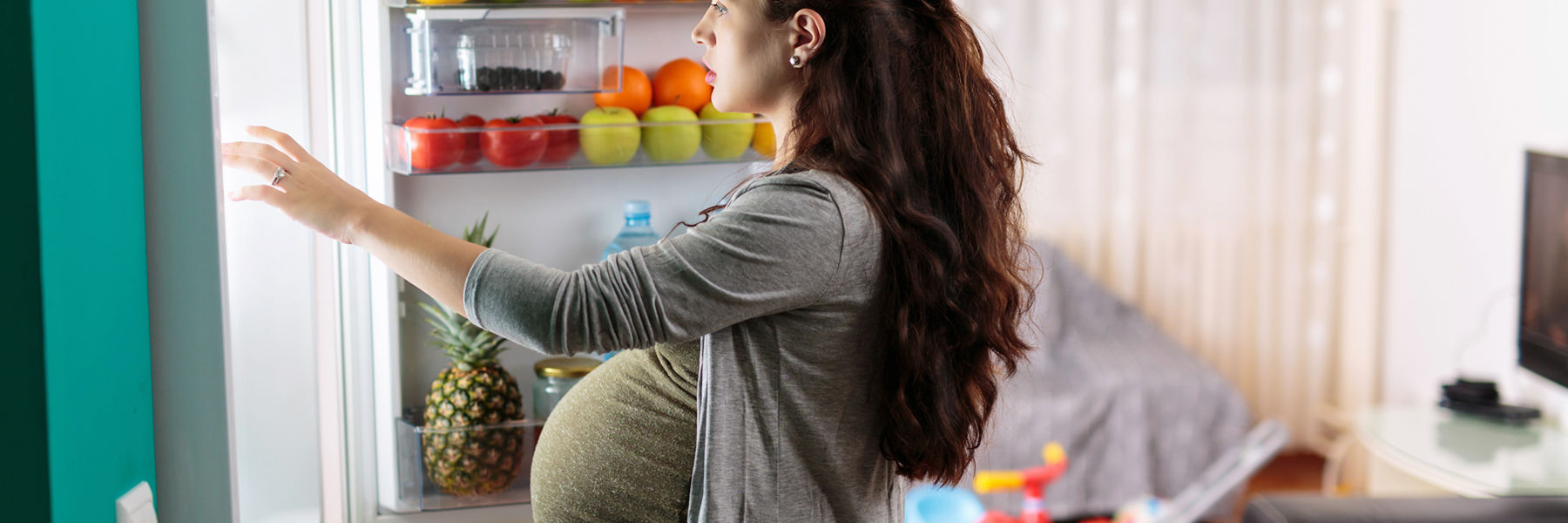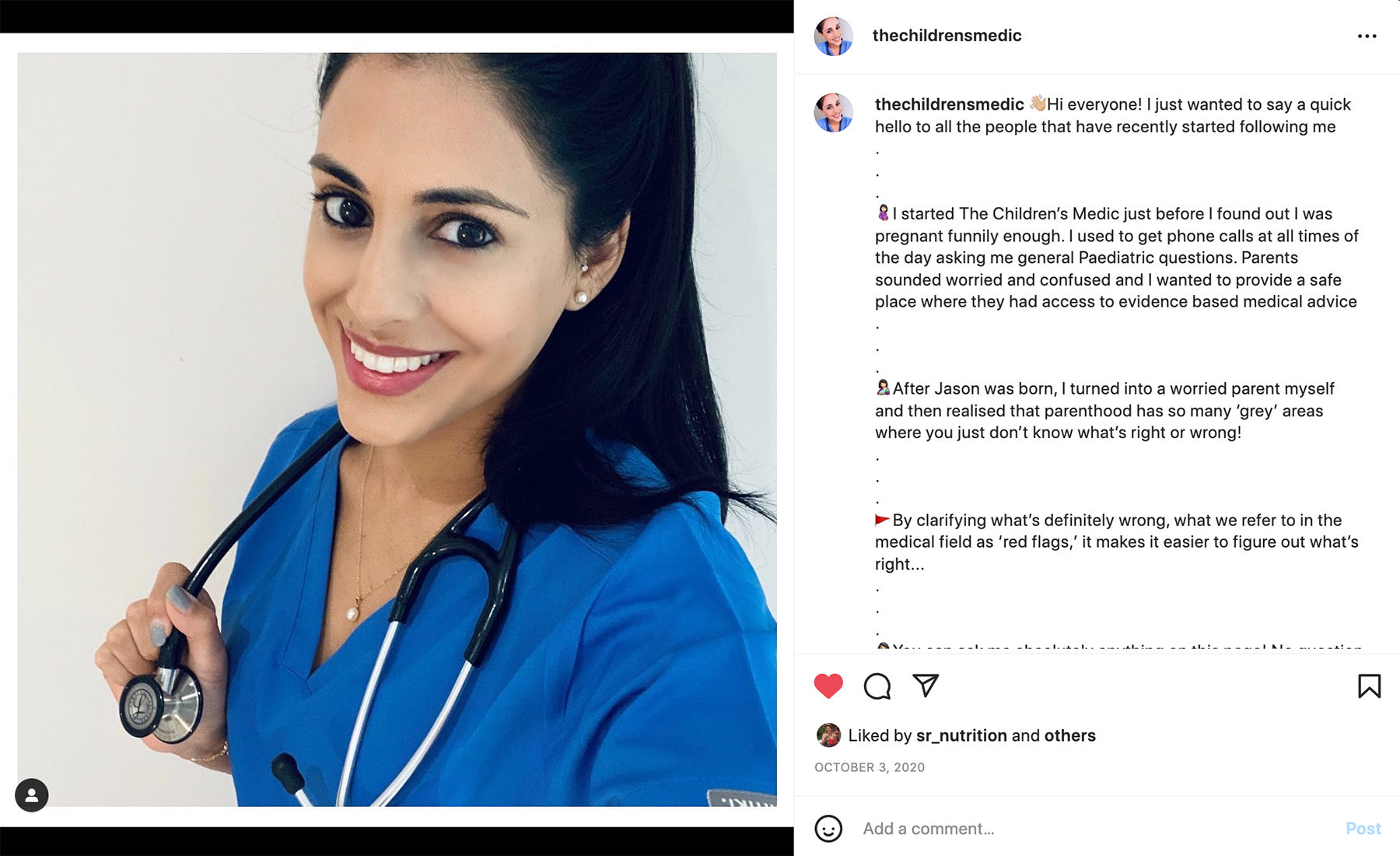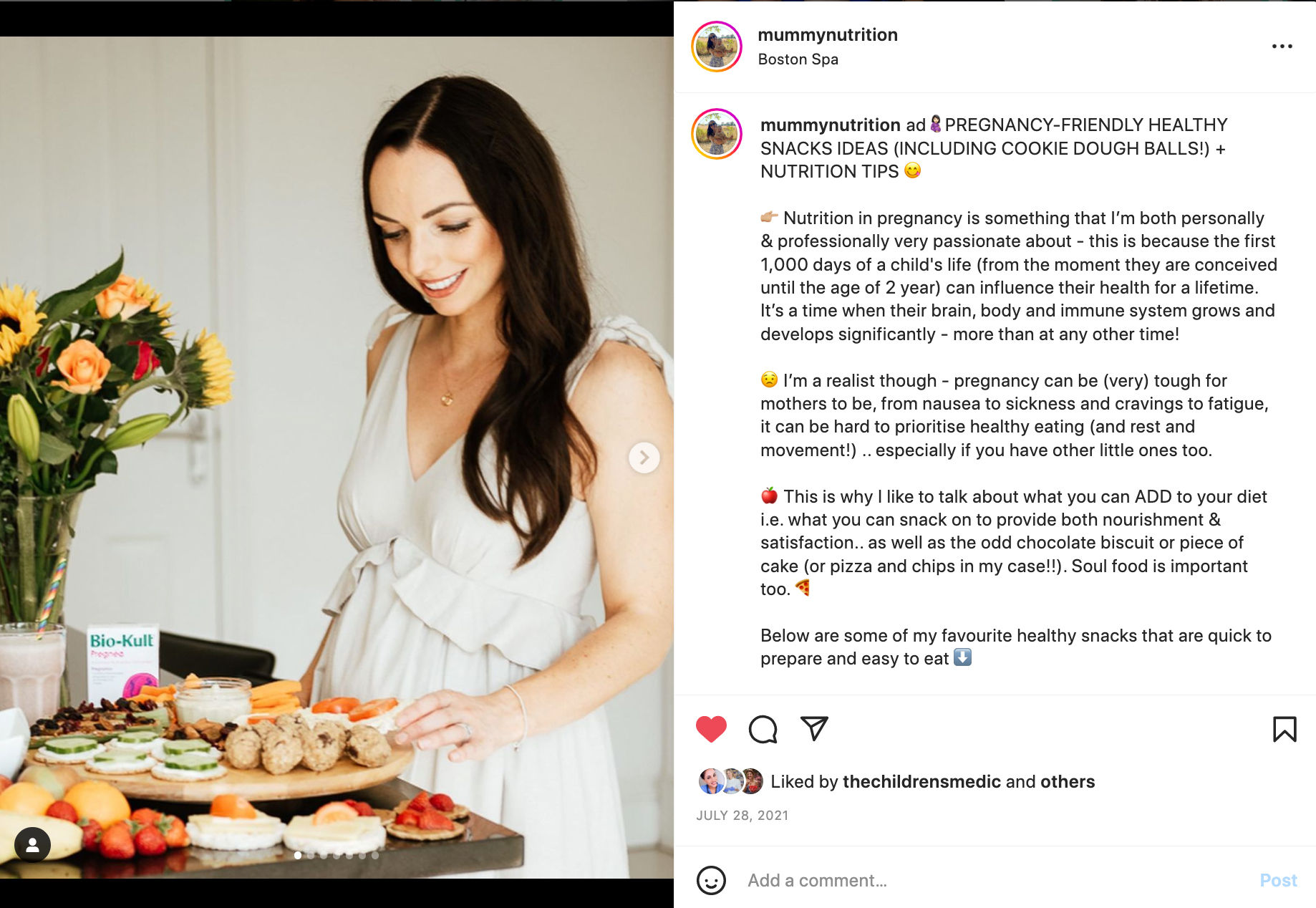Use arrow keys to navigate through the menu items. Use Tab key to navigate through the menu banners.
Foods To Avoid When Pregnant

Foods To Avoid When Pregnant
Are peanuts okay? Is ham safe to eat? Our nutrition experts share the food and drink facts all mums-to-be need to know
Craving a coffee, fancy a juicy steak or considering a glass of wine? Some of the goodies we dream of most during pregnancy are the very same foods and drinks we’re frequently told to avoid.
But with over half of expectant mums admitting they’re confused by what they’re allowed to do, including eating and drinking while pregnant, and studies showing one type of food poisoning – listeriosis – is 20 times more common during pregnancy, it’s time we sorted the fact from the fiction.
Fish
Cooked fish, cooked seafood and well-cooked shellfish are all fine in pregnancy. But due to their mercury and/or pollutant content, you should avoid eating more than four tins of tuna per week and more than two portions of oily fish (that’s salmon, trout, mackerel and herring),’ says paediatric dietitian Lucy Upton (@childrensdietitian). Swordfish, marlin and, erm, shark (!) are all off-limits, as is smoked fish such as smoked salmon, unless it has been thoroughly cooked.
Meat
There’s no need to avoid that steak and chips – just make ‘well done, please’ your mantra. Chicken, pork and beef all get the go ahead, providing they’re cooked without even a hint of pink remaining. Be especially careful with poultry, pork, sausages and burgers.
‘This is to minimise exposure to a parasite that can cause toxoplasmosis – the same parasite cats have in their faeces. It can be a mild flu-like infection in mums, but it can be very dangerous for babies. There is also the potential link to salmonella – it’s rare, but when you’re pregnant your immune system isn’t as robust as usual,’ explains dietitian Sarah Almond Bushell (@thechildrensnutritionist).
Cured meats
You'll want to go easy on the cold meats platter. ‘Cooked ham is safe to eat. Cured meats such as chorizo, pepperoni, salami or cured ham don’t have to be completely avoided, but do be cautious as these carry a low risk of containing those toxoplasmosis-causing parasites. To destroy them, you can freeze the meats first (this must be done for at least four days) or cook them thoroughly – for example, on a pizza,’ advises Lucy. Great news for pizza lovers – your favourite pepperoni topping has the green light!

Sushi
Should you switch your sushi lunches for sarnies? ‘You can eat sushi if the fish is cooked, but raw fish is a no-no during pregnancy (due to a risk of parasitic worms),’ explains NHS paediatrician Dr Shruti Nathwani (@thechildrensmedic). If you’re not sure, it’s safest to skip sushi completely.
‘Dishes containing raw shellfish – such as prawn or crab – are also out of bounds due to the potential risk of bacteria that can cause food poisoning.’
Alcohol
Is one glass of wine a week okay? What about a cheeky Champagne at a wedding? While experts know that alcohol can pass from your bloodstream through the placenta, they’re still uncertain how much – if any – is safe to have while pregnant. With risks including premature birth and low birthweight, the UK guidelines recommend taking the safest approach – skipping it altogether.
‘Drinking alcohol at any stage of pregnancy can harm your baby. A study of over 24,000 pregnancies in Denmark found the chance of miscarriage increased by more than three times in women drinking just five or more units weekly during the first trimester,’ continues Sarah.
Cheese
Eyeing up the cheese board? Cheddar, Stilton, Parmesan, feta, ricotta, mozzarella and halloumi all get the experts’ approval (rejoice!).
‘However, unless cooked thoroughly until piping hot, you should avoid mould-ripened options such as Brie and Camembert, soft blue cheeses like Roquefort, Gorgonzola or Danish blue and those made from unpasteurised milk,’ Lucy comments.
‘These run the risk of containing bacteria that can lead to an infection called listeriosis, which, while rare, can be harmful to your baby.’

Eggs
Hello, sunny side up! Runny, soft-boiled and poached eggs are back on the menu. ‘Pregnant women could previously only eat eggs cooked all the way through. This was to reduce the chance of salmonella poisoning, which can lead to dehydration and could be harmful to your baby. But research shows that hen eggs, stamped with the British Lion logo, are very low risk,’ says dietitian Nichola Ludlam-Raine (@mummynutrition). ‘These eggs have undergone stringent safety checks, which include vaccinating the hens against salmonella,’ explains Dr Nathwani.
Nuts
Thought your days of scooping peanut butter out of the jar were over for now? ’There’s no evidence that avoiding nuts during pregnancy protects or prevents children from developing a food allergy, so you don’t need to avoid them unless you’re allergic yourself,’ explains Lucy.
Fruit and vegetables
There’s never been a better time to start racking up your fruit and veggie intake. ‘However, it’s very important that these are thoroughly washed, as they can be contaminated with microorganisms that could lead to food poisoning,’ advises Sarah.
And that theory about pineapple inducing labour? ‘It’s an old wives’ tale that doesn’t really have the research to back it up,’ she adds.
Caffeine
You can keep your morning latte habit – just hold the extra shot. ‘Due to a link with lower birth weights, the maximum recommended daily caffeine intake during pregnancy is 200mg,’ Sarah explains.
The average mug of filter coffee contains 140mg of caffeine, according to the NHS, but don’t forget the caffeine you’re also consuming in tea, cola and chocolate – even some decaf products still contain it. Your morning mug of tea contains 75mg, but swapping to green tea won’t lower the caffeine content – that also comes in at 75mg! Try caffeine-free fruit and herbal teas for delicious alternatives come teatime (but stick to no more than four herbal teas per day).
Enjoy your pregnancy!
The Prosecco and smoked salmon might be off the cards, but with peanut butter, halloumi and a well-done burger all expert-approved in pregnancy, that mama-to-be menu still looks pretty tasty, if you ask us…
Find the complete list of food and drinks to avoid during pregnancy on the NHS website here and get information about supplements during pregnancy here.
Help & Customer service
- Help Centre
- How to shop
- Product recalls
Payment Methodslist with 8 items
- Asda Group of Companies
- Modern Slavery Statement
- Electrical Waste Recycling
- Terms & Conditions
- Customer Review Policy
- Privacy Centre
- Cookie Settings
- Accessibility
© ASDA 2025